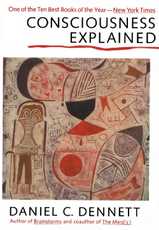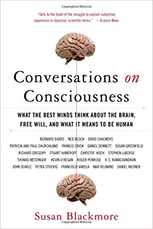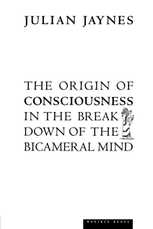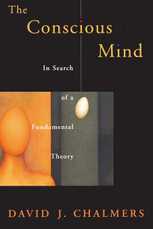
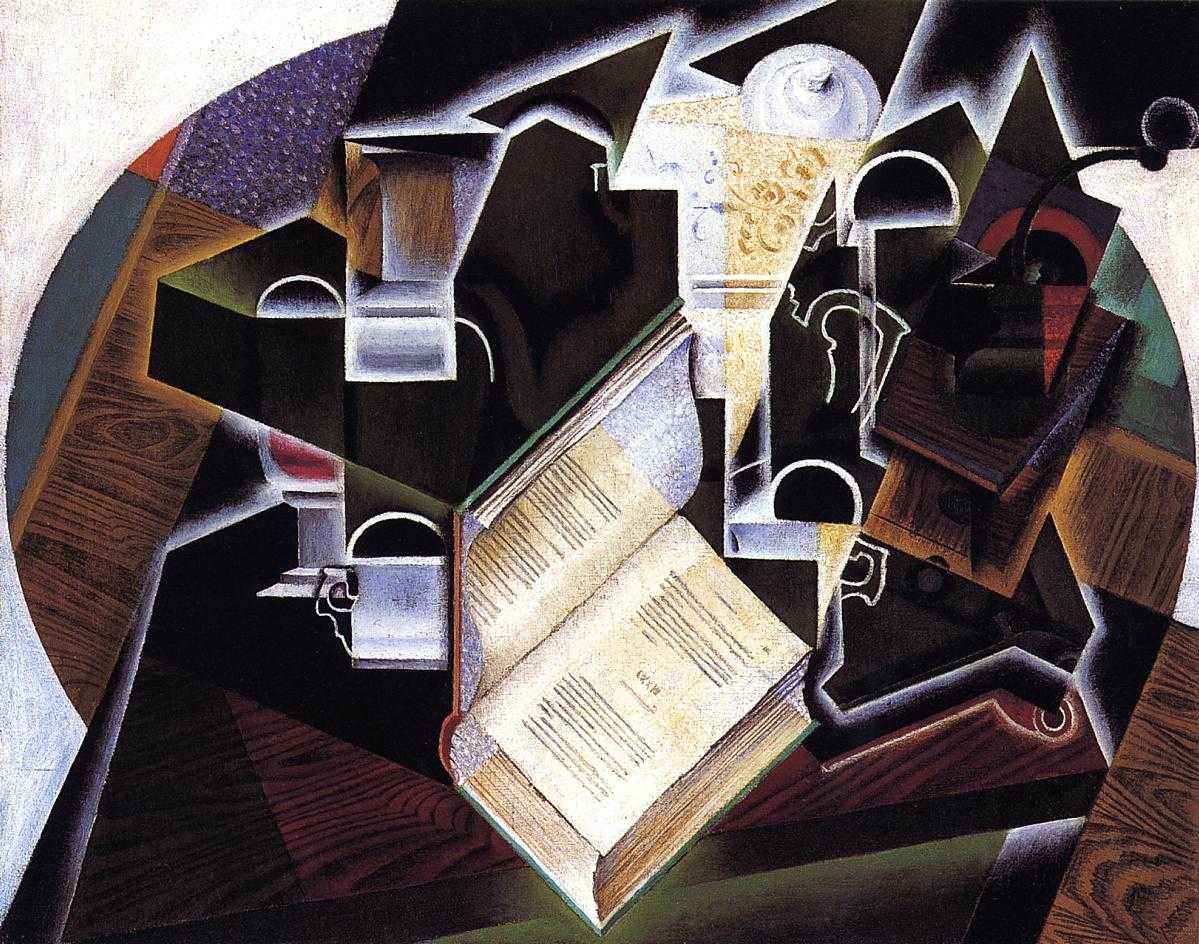
Consciousness The Best 5 Books to Read
Consciousness is at once the most familiar thing to us, and perhaps the most mysterious. Why does conscious experience arise, and what is its nature? Is it a physical entity, or something else entirely? To what extent are other lifeforms conscious, and could we ever recreate their experiences? These difficult questions form the basis of the so-called 'hard problem' of conscious experience, an area of research receiving growing attention.
Within philosophy, the debate around consciousness is fierce. The following reading list is designed to provide you with a thorough introduction to the problem of consciousness, as well as a well-rounded view of leading solutions to it.
1. The Conscious Mind, by David J. Chalmers
In his 1996 book The Conscious Mind, David J. Chalmers fleshes out the 'hard problem' of consciousness with considerable force.
Though challenging in places, this book is a brilliant survey of the field and a powerful critique of reductionist thinking. Reading it, you will feel the 'hard problem' of consciousness in your bones.
2. Consciousness Explained, by Daniel Dennett
Daniel Dennett's landmark Consciousness Explained, published in 1991, is packed full of mind-bending thought experiments about how we experience the world.
Dennett believes many of our difficulties with consciousness - including the 'hard problem' - are mere illusions (sorry Chalmers!). An entertaining and stimulating read, this book will seriously challenge your intuitions. (See my full list of Dennett's best books here).
In one concise email each Sunday, I break down a famous idea from philosophy. You get the distillation straight to your inbox:
💭 One short philosophical email each Sunday. Unsubscribe any time.
3. Conversations on Consciousness, by Susan Blackmore
If you're looking for an overview of just how varied and radical the ideas within the field of consciousness can be, Susan Blackmore's 2005 Conversations on Consciousness is a fantastic choice.
Using wide-ranging interviews with leading thinkers and scientists of the field, including Chalmers and Dennett, Blackmore takes you on a mind-stretching trip from physicalism to dualism – and everything in between.
4. Other Minds: The Octopus, the Sea, and the Deep Origins of Consciousness, by Peter Godfrey-Smith
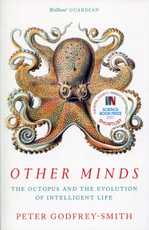
Other Minds: The Octopus, the Sea, and the Deep Origins of Consciousness
BY PETER GODFREY-SMITH
View on AmazonIn his fascinating 2016 book Other Minds, Peter Godfrey-Smith not only examines the weird mystery of consciousness, but charts its potential evolution from when life began.
Drawing on his experience as a philosopher and enthusiastic scuba diver, he thoughtfully uses the octopus, a deeply alien yet oddly intelligent creature, to trace our inner lives back to their roots, and beautifully weaves in the story of how nature became aware of itself.
5. The Origin of Consciousness in the Breakdown of the Bicameral Mind, by Julian Jaynes
With a title like that, it's worth getting this book just to show off. As well as a bragging right, however, Julian Jaynes's 1976 Origin of Consciousness is an absolute classic.
Jaynes puts forward the controversial idea that human consciousness emerged as recently as 3,000 years ago, and that prior to this the brain had two separate 'bicameral' chambers, which led people to interpret their own thoughts as the words of gods.
The introductory chapters of Origin of Consciousness are not so outlandish, however: in them, Jaynes offers perhaps the most lucid and poetic summary of the philosophy of consciousness in existence.
And, if nothing else, Jaynes's epic is a tour de force in carrying out a seemingly crazy philosophical argument from start to finish – and doing so convincingly.
Further reading
Are there any other books you think should be on this list? Let us know via email or drop us a message on Twitter or Instagram.
In the meantime, why not explore more of our reading lists on the best philosophy books:

View All Reading Lists
Essential Philosophy Books by Subject
About the Author

Get one mind-opening philosophical idea distilled to your inbox every Sunday (free)

From the Buddha to Nietzsche: join 25,000+ subscribers enjoying a nugget of profundity from the great philosophers every Sunday:
★★★★★ (100+ reviews for Philosophy Break). Unsubscribe any time.

Latest Breaks
Each philosophy break takes only a few minutes to read, and is crafted to expand your mind and spark your curiosity.
